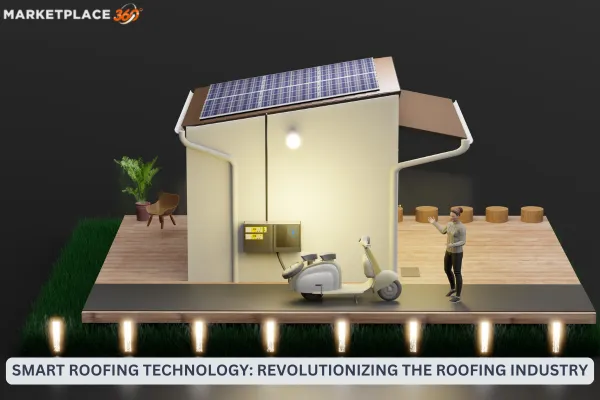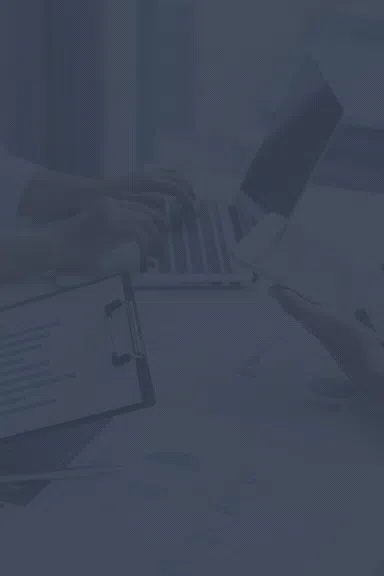
Smart Roofing Technology: Revolutionizing the Roofing Industry
Smart Roofing Technology: Revolutionizing the Roofing Industry
As technology continues to transform industries, roofing is no exception. Smart roofing technology is at the forefront of this evolution, offering innovative solutions that enhance durability, improve energy efficiency, and simplify maintenance. In this blog, we'll explore the cutting-edge advancements in smart roofing and how they are reshaping the way we think about roofs.
What Is Smart Roofing Technology?
Smart roofing technology integrates advanced materials and digital systems into roofing structures. These technologies are designed to monitor, manage, and optimize the performance of roofs, providing real-time data and automating maintenance tasks.
Key Features of Smart Roofing Technology
1. IoT-Enabled Sensors
IoT (Internet of Things) sensors embedded in smart roofs provide real-time data on factors like temperature, humidity, and structural integrity. This allows for early detection of issues such as leaks or thermal inefficiencies.
2. Self-Healing Materials
Some smart roofing systems incorporate self-healing materials that can repair minor cracks or punctures on their own, extending the lifespan of the roof.
3. Energy Optimization
Smart roofs often include energy-efficient components such as integrated solar panels or reflective coatings. These systems adjust dynamically to environmental conditions to optimize energy usage.
4. Predictive Maintenance
With data collected by IoT sensors, smart roofing systems can predict maintenance needs. This helps property owners avoid costly repairs by addressing issues before they escalate.
5. Automated Storm Management
Advanced systems can reroute stormwater using smart drainage systems, minimizing water pooling and potential damage during heavy rainfall.
Benefits of Smart Roofing Technology
Enhanced Longevity
Smart roofing systems monitor wear and tear in real-time, allowing for timely interventions that prolong the roof’s lifespan.
Energy Efficiency
By optimizing energy usage, smart roofs contribute to significant cost savings on heating and cooling. Solar integration further reduces reliance on grid electricity.
Cost-Effective Maintenance
With predictive and automated maintenance, property owners can reduce unexpected repair costs and downtime.
Environmental Impact
Smart roofing contributes to sustainability by reducing energy consumption and waste. Features like rainwater harvesting systems also promote eco-friendly water usage.
Challenges of Implementing Smart Roofing Technology
Initial Costs
The upfront investment for smart roofing technology can be higher than traditional systems. However, the long-term savings on energy and maintenance often offset these costs.
Technical Expertise
Installing and maintaining smart roofs requires specialized knowledge, which can limit accessibility for some homeowners and businesses.
Data Security
As with any IoT-based system, smart roofs require robust cybersecurity measures to protect against data breaches.
Future Trends in Smart Roofing
The future of smart roofing looks promising, with advancements such as:
AI-Driven Insights: Leveraging artificial intelligence to analyze roof performance data and provide actionable recommendations.
Integration with Smart Home Systems: Seamless connectivity with other smart devices to enhance overall building automation.
Enhanced Materials: Development of more durable and adaptable materials that respond to changing environmental conditions.
Conclusion
Smart roofing technology is revolutionizing the industry, offering innovative solutions that are efficient, sustainable, and cost-effective. Whether you're a homeowner or a business owner, investing in a smart roof is a forward-thinking decision that provides long-term benefits. Stay ahead of the curve and embrace the future of roofing today!





